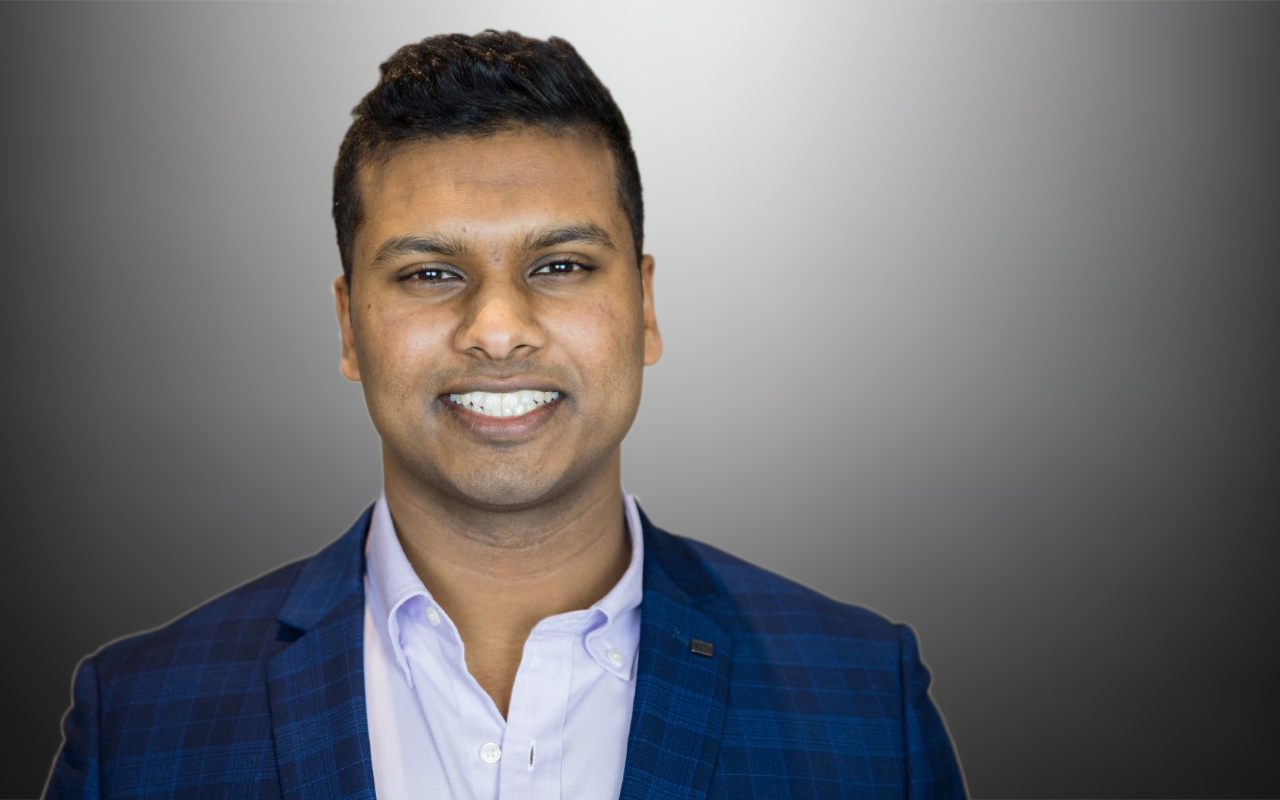IN the midst of a year thrown into uncertainty, being in isolation has at least provided space for reflection about what it means to be a medical student at the time of a pandemic. Despite Australia’s enviable position in coronavirus disease 2019 (COVID-19) cases, we are not out of the woods yet. There also remains the pressing issue of non-COVID-19 illness surging due to missed diagnoses, poorer control and non-presentations to the emergency department.
There also remains the question of the role of final year medical students joining the surge workforce. The more I think about whether I feel ready to rise to this challenge, the more I am drawn to reflecting on the transitional role of a final year medical student.
The case for final year medical students joining the surge workforce has been met with mixed feelings from the student body and faculty. Further disagreement over our role in this pandemic exists on the international stage. In Australia, medical schools are continuing to coordinate placements with health networks in a bid to support clinical learning. However, the Association of American Medical Colleges has instructed medical schools in the US to suspend all student placements, albeit due to dramatically varying circumstances (here and here).
I believe that seeing ourselves as clinicians-in-training versus just learners changes the paradigm. As university students, our objective is to learn medicine. Yet as future clinicians, our objective is to care for patients. We sit with patients while they receive bad news. We listen to their hearts and lungs and try to figure out why they are ill. We work with the treating team to decide on treatment options and discharge planning. We are, at the end of it all, taught more than just medicine, but about how to work in teams, how to prioritise and, above all, how to care.
While I would not be alone in having my doubts about our readiness to join the workforce, I feel like we have been trained over the past almost 4.5 years of medical school to be resilient individuals with varied exposure to many clinical situations. With a growing focus of medical education on transferring skills such as leadership, teamwork and escalation, our learning experiences in medical school have, in part, been preparing us for such a challenge. Interestingly, while we spend much of medical school joking about blending into the walls on clinical placement, this habit gradually faded as we entered our final years. I saw the attitude of myself and my peers change from “how can I stay out of the way” to “how can I be useful to my team”.
Reflecting on my experiences so far in my final year of medicine, it has been refreshing to share stories with my peers of the moments where we have made a meaningful contribution to a team and, in many ways, have already felt welcome as part of the workforce – experiences such as sharing the work and responsibilities delegated to the medical team, to suggesting management of our own patients after the ward round. I believe these experiences carry us that much further to feeling like clinicians.
Another daunting aspect of joining the surge workforce is the issue of safety. The medical and university bodies recognise issues such as accessing personal protective equipment, as well as the nature and length of shifts. It is reassuring, however, that awareness and advocacy in this space are growing, with the Australian Medical Students’ Association developing a checklist guide to complete before accepting a workforce contract.
There is also the very reasonable argument that the learning opportunities that manifest in clinical placement are far more useful than those in carrying out menial tasks in a fever clinic. Clinical placement is valuable in more ways than simply exposure to patients and disease. It is a safe space to learn, ask and make mistakes without the pressure of dire negative consequences. Further to this, there are many highly skilled clinicians whose wealth of experience and skills would likely better place them to fill these roles if required.
That being said, as clinicians-in-training, we are taught from day one to share a unique interest in the health of people and of society. I believe the call to join the surge workforce is a voluntary calling to weigh this responsibility and desire for the bettered health of society with the benefit of clinical placements for learning. As the nature of individuality, we will each weigh this differently, and respectfully so.
I still remember my first day of medical school 4 years ago. A patient with chronic disease came to speak to us about what our role truly will be as doctors, that our commitment to the needs of patients is special, and should be bigger than ourselves. Although, realistically, we will be subject to tasks carrying minimal responsibility and liability, the principle of contributing in whatever way we can is meaningful nonetheless. While it is easy to feel lost among the endless list of conditions, drugs and treatments to learn in medical school, I see this pandemic as an opportunity to strengthen this commitment we made to society.
Mark Ranasinghe is in his final year of medical school at Monash University.
The statements or opinions expressed in this article reflect the views of the authors and do not represent the official policy of the AMA, the MJA or InSight+ unless so stated.

 more_vert
more_vert
This is a very insightful article; it’s very nice to hear the passion and commitment that medical students have to serving their community. It was beautifully written!
Thanks for sharing! This was a very an interesting and thoughtful article.